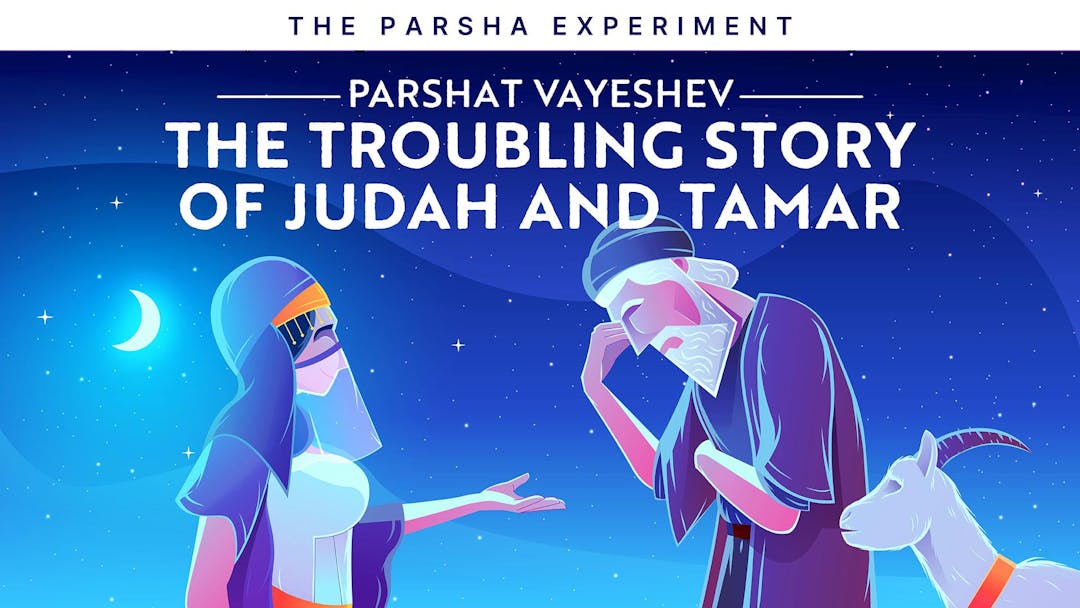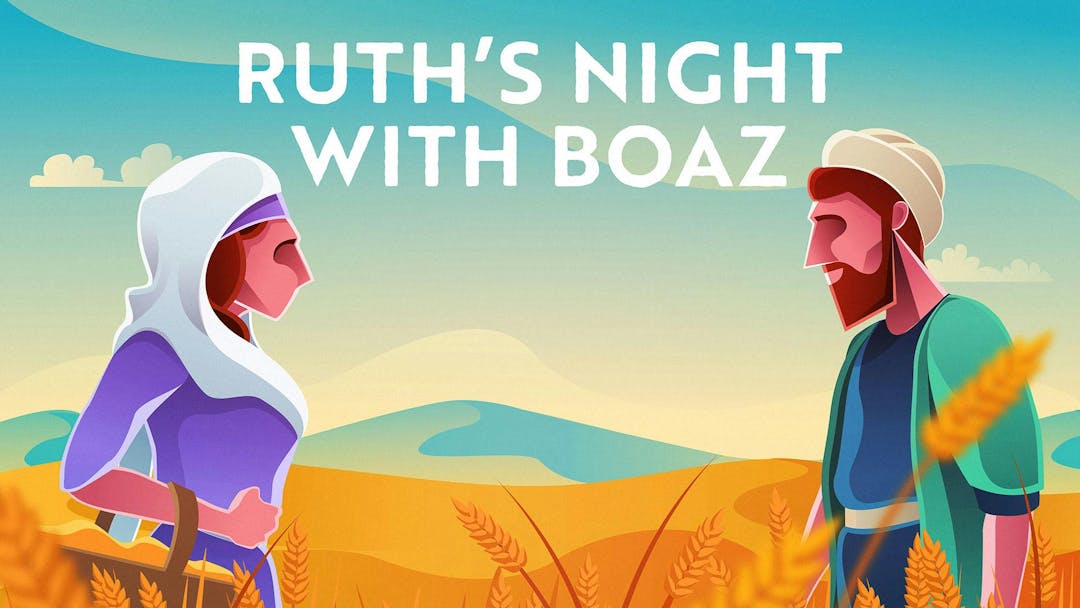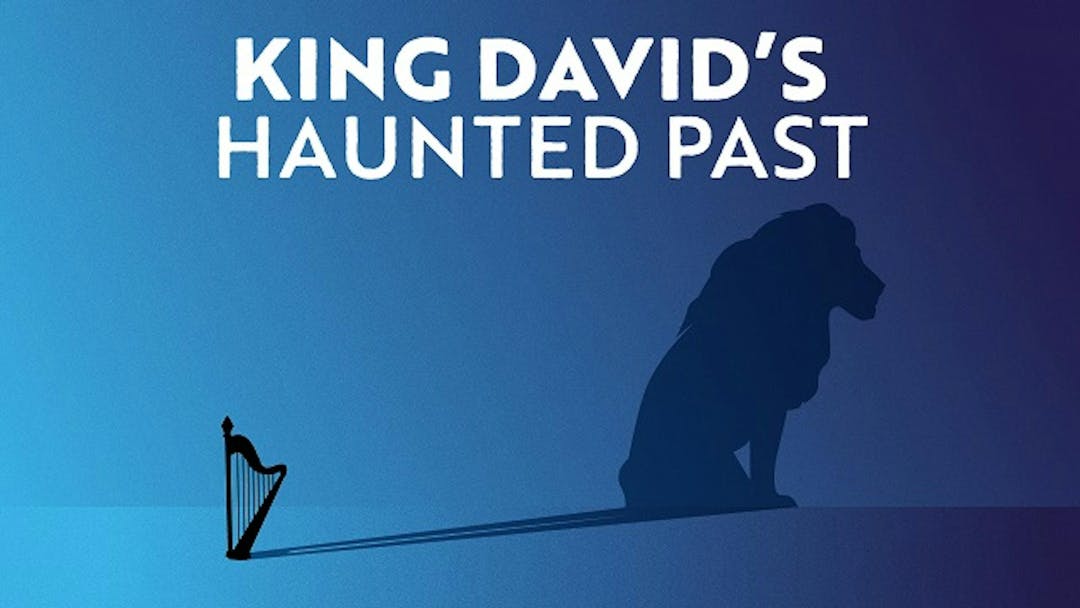Start your free trial today to unlock the full library and enjoy unlimited and uninterrupted access.
Get StartedLest It Come To Scandal (Part 1 of 7)
How Ruth Resolved a Centuries-Long Scandal
What is the common theme in the seemingly disconnected stories of Lot and his daughters, Judah and Tamar, and Ruth? Rabbi Fohrman argues there is an important connection that hints at a generational saga of Chesed and redemption. Join him in part one of the series, starting with Lot and his daughters.
Want to watch the full video for free?
Enter your email and we’ll send you a link to watch the full series free.
What is Aleph Beta?
Aleph Beta is a unique kind of Torah library. Led by our founder, Rabbi David Fohrman, we are dedicated to high-level, textual Torah learning for adults that is intellectually and spiritually sophisticated, that enlivens your Jewish practice and helps you forge a deeper connection to God. Whether you’ve been learning in yeshiva for years or you’re just beginning your Torah journey, you’re sure to find something meaningful and surprising waiting for you here.
Browse our library of over 1,000 beautifully produced animated videos, podcasts, deep dive courses, and printable guides. Topics include the weekly parsha, Jewish holidays & fast days, laws & mitzvot, prayers, relationships, big philosophical ideas and more. Have something to say at the Shabbos table that will amaze your family and guests and bring deep meaning into their lives.











